Krista Scott-Dixon, PhD, is contributor to Precision Nutrition's program and coaching curriculums. She earned her doctorate in Women’s Studies from York University. She holds counseling certifications from George Brown College and Leading Edge Training, which is certified by the Canadian Psychological Association. Currently, she’s pursuing a master’s degree in Counseling Psychology at Yorkville University in New Brunswick, Canada.
In her role at Precision Nutrition, Dr. Scott-Dixon develops the curriculum for the PN Women’s and Men’s Coaching programs, the PN Level 1 Certification, and the PN Level 2 Certification Master Class, along with other educational guides and courses such as The Science and Practice of Macros.
Dr. Scott-Dixon is the coauthor of PN’s Level 1 textbook, The Essentials of Nutrition and Coaching and The Universe Within: Genetic Testing and What It Can Tell Us About Nutrition, Health, and Athletic Performance. She’s also contributed to an extensive list of academic publications, book chapters, website articles, and reports.
Dr. Scott-Dixon is well known for her ability to help real people with real lives understand, embrace, and master the complex issues of nutrition, health, and lifestyle improvement. She’s a sought-after speaker, writer, and podcast guest who has presented to organizations, businesses, and conferences around the world.
Twitter: @stumptuous
Instagram: stumptuous
Articles by Krista Scott-Dixon, PhD
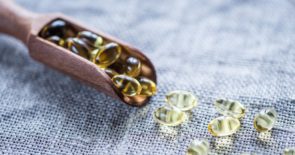
Why we stopped recommending fish oil:
Fish oil is an excellent supplement proven to provide significant benefits to most people. Here’s why we changed our fish oil recommendations anyway.

What you don’t know about willpower:
We’ve come to think of willpower as a psychological resource that runs dry... and then you’re just SOL. Here’s the truth — and a much more hopeful approach.

The Positivity Trap:
Using positive language with clients may seem like an essential part of your job. The reality? It can make them fail.
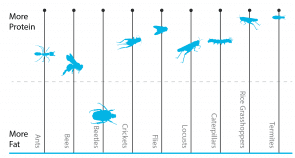
Edible bugs and insects:
Think eating bugs is gross? Think again. A new generation of chefs, farmers, sustainability experts, and adventure eaters is embracing entomophagy (insect-eating). Fitness enthusiasts might be the next group to jump on the buggy bandwagon. Krista Scott-Dixon explores why.
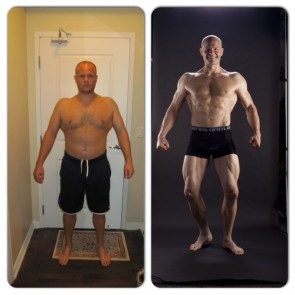
Do fitness pros need coaching too?
Sometimes, even smart, talented fitness professionals can get out of shape. In this article, Ron Dykstra talks about how he got off track. And what he did to reclaim his health & create a bad-ass physique.

Fitness fanatic!
People are going to ask; so how do you describe your eating choices, your exercise habits, and your healthy lifestyle...without sounding crazy?
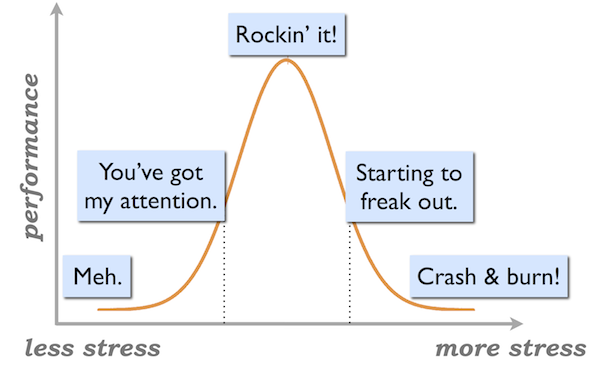
Good stress, bad stress:
For years, doctors and scientists have warned us that too much stress, or the wrong kind, can harm our health. And it’s true. Yet stress can also be a positive force in our lives, keeping us focused, alert, and at the top of our game. It all depends what kind of stress it is, how prepared we are to meet it, and how we view it.
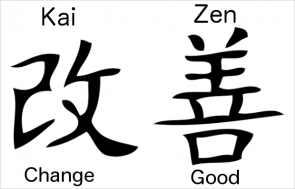
Fitness and health pros: 3 steps to being a better coach
If you’re a fitness pro, you might have wondered: Could I be coaching better? Could my clients be getting better results? Not just good… but awesome? If so, here are three things to consider.

Who’s your mentor?
Even coaches need coaching. Having a mentor is crucial to coaching career development. From establishing your mindset, to helping you move to the “next level”, to sharing the unofficial, unwritten rules of your field, mentors can form an essential part of your evolution as a fitness and nutrition coach. If you do have one, high-five yourself. If you don’t have one, start looking.
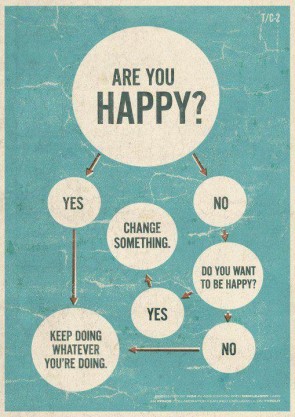
Three easy-to-use coaching tools:
Today, we're going to give away some of our best coaching tools. They're simple and easy to use. They include: The 5 most powerful words in coaching, The 2 most powerful words in coaching, and Outcome-based decision making. Even if you don't have a lot of coaching knowledge yet, you can transform yourself into a brilliant coach with these three simple tricks.

Effective coach talk:
Want to offer life-changing, research-driven, nutrition coaching for everyone? If so, it's not just about your prescription. Coaching clients to lasting success depends on saying the right things in the right ways at the right times — and really connecting. In this article, we’ll begin to show you how.

Trainers and coaches:
In this article we share 12 tips guaranteed to kill client progress (and poison your coaching relationship). Then we follow up with the antidote; proven strategies for becoming the best coach you can be.

Prescriptions, fitness, & body fat:
Could your prescription medications use actually harm your body composition, fitness, and overall health? In this article, we'll give you a brief overview of common medications, and some potential side effects that you may not have considered.

Women’s health stories:
Below are the raw, unvarnished stories from our actual clients, describing why they sought our help. Turns out, everyone struggles with food. Everyone thinks they're crazy. And everyone thinks they're the only one. No, it's not just you.
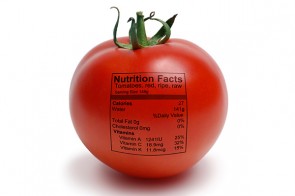
The food label series:
Food labels are intended to help us make better decisions at the grocery store. But do they? In this 5-part series, Ryan Andrews and I will explore how food labels work and how to use them to make better eating decisions.
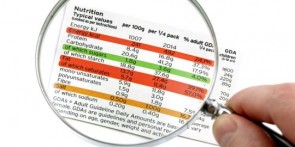
Food labels part 1:
In theory, food labels help us make informed – and, ideally, healthier – decisions. But does that hold true in practice? This first article in the 5-part series looks at why we label food, what’s on those labels, and where label information comes from.

Food labels part 2:
Manufacturers depend on consumers being rushed, busy, inattentive, and impulsive. Part 2 of our food label series examines the truthfulness, accuracy, and usefulness of label claims, and shares the most important information for you to know about a given product.
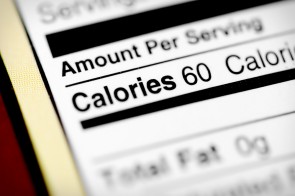
Food labels part 3:
In Part 3 of this article series, we look at back-of-package labeling: nutritional information and ingredients. In particular, we look at how calorie counts don’t accurately reflect how our bodies process food; and we challenge the classic “calorie math” of “energy in versus energy out”.
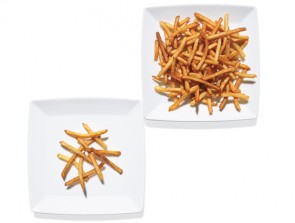
Food labels part 4:
Often we look for particular information, such as calories or fat content, on food labels, but don’t always interpret this information correctly. Or know how to apply it. Part 4 of our series on food labels looks at what consumers want (or think they want) on food labels, and how this affects their actual buying and eating behavior.
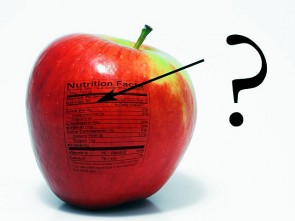
Food labels part 5:
However you choose the “baseline” that suits you, your nutritional level, and your own needs, what’s most important is that you are in charge of your food choices. To conclude this series, Part 5 will give you some tips and action steps to ensure you’re getting the most from your food labels.



Share